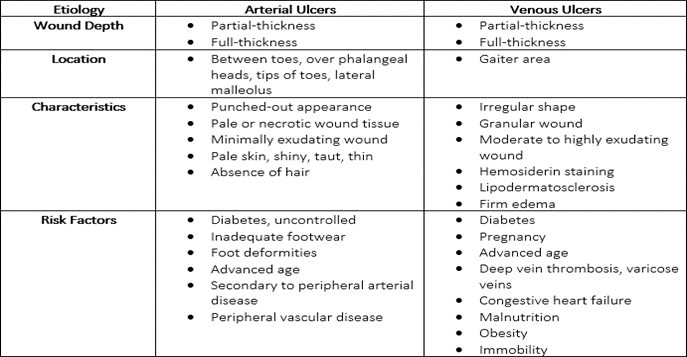A client's serum potassium level is approaching 7 mEq/L. Which physical assessment would the nurse prioritize based on this serum lab value?
Cardiac
Gastrointestinal
Respiratory
Neurologic
The Correct Answer is A
A. Hyperkalemia can have significant cardiac effects, potentially leading to life-threatening arrhythmias such as bradycardia, heart block, ventricular tachycardia, or ventricular fibrillation. As potassium levels rise, it affects the electrical conduction of the heart, leading to changes in the ECG (electrocardiogram) and potentially causing fatal arrhythmias.
B. While hyperkalemia primarily affects the cardiovascular system, gastrointestinal symptoms can also occur. These may include nausea, vomiting, abdominal pain, and diarrhea. However, these symptoms are typically less severe compared to cardiac manifestations. Monitoring for gastrointestinal symptoms helps in assessing overall clinical status but is not as critical as assessing cardiac function in the context of hyperkalemia.
C. Respiratory symptoms are not typically associated with hyperkalemia unless severe acid-base disturbances are present. Potassium imbalance itself does not directly affect respiratory function. Therefore, while it is important to assess respiratory status in any client, it is not the priority in the context of hyperkalemia.
D. Hyperkalemia can affect the nervous system, leading to symptoms such as muscle weakness, tingling sensations, and even paralysis in severe cases. However, neurologic symptoms usually occur at higher potassium levels or in the presence of significant electrolyte imbalances affecting nerve function.
Monitoring for neurologic symptoms is important but is generally secondary to assessing cardiac status in the context of approaching severe hyperkalemia.
Nursing Test Bank
Naxlex Comprehensive Predictor Exams
Related Questions
Correct Answer is C
Explanation
C. This option correctly identifies therationale behind the nurse's instruction. Immunosuppressed clients have a weakened immune system, making them highly vulnerable to infections. Family members may carry microorganisms on their hands, clothes, or respiratory secretions that can potentially transmit infections to the client. Wearing gloves and a mask helps reduce the risk of introducing pathogens to the client.
A. This option suggests that the risk is related to hospital staff transmitting infections to family members. While this is a concern in healthcare settings, it is not directly related to the specific situation described where family members are visiting an immunosuppressed client in a protective environment.
B. This option implies that the hospital environment itself poses a risk of infection transmission to family members. While hospitals can harbor various pathogens, the primary concern in this scenario is the transmission of infections to the immunosuppressed client from outside sources, including family members.
D. This option suggests that the client could transmit infections to family members. While this is theoretically possible depending on the specific infectious agent and the client's condition, the primary concern in a protective environment is preventing infections from entering the client's environment and affecting their health.
Correct Answer is ["A","E"]
Explanation
A. Venous ulcers often have irregular wound borders. This is due to the underlying venous hypertension and tissue breakdown, which can lead to irregular shapes of the ulcer.

E. Significant edema, particularly in the lower leg and ankle area (often graded as +2 or +3), is commonly associated with venous ulcers. Venous insufficiency leads to fluid accumulation in the tissues, resulting in edema.
B. This is less likely to be associated with a venous ulcer. Venous ulcers typically occur on the lower leg, particularly around the medial or lateral malleolus, rather than on the plantar aspect of the foot.
C. Severe pain, especially on a scale of 9 out of 10, is less typical of venous ulcers. Venous ulcers are usually associated with mild to moderate discomfort or pain, often described as aching or heaviness rather than severe pain.
D. Venous ulcers typically exhibit moderate to heavy serous drainage. This is due to the chronic inflammation and venous congestion that characterize venous insufficiency.
Whether you are a student looking to ace your exams or a practicing nurse seeking to enhance your expertise , our nursing education contents will empower you with the confidence and competence to make a difference in the lives of patients and become a respected leader in the healthcare field.
Visit Naxlex, invest in your future and unlock endless possibilities with our unparalleled nursing education contents today
Report Wrong Answer on the Current Question
Do you disagree with the answer? If yes, what is your expected answer? Explain.
Kindly be descriptive with the issue you are facing.
